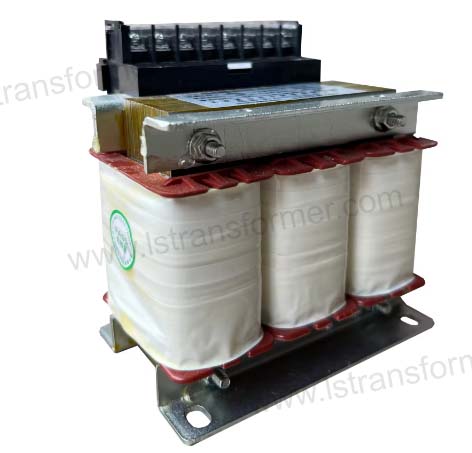The Significance of Grounding the Transformer Core in Electrical Systems
The transformer core is generally grounded for several reasons:
1. Safety considerations: Grounding enhances the safety of electrical equipment. When the transformer core is grounded, any leakage or short circuit faults in the core would result in the current flowing through the grounding system, triggering protection devices to disconnect the power source and avoiding the risk of electric shock.
2. Short-circuit current path: When the transformer core is grounded, in the event of a short circuit fault occurring in the winding, the short-circuit current would flow back to the power source through the core and the grounding circuit, creating a low impedance path. This helps increase the magnitude of the short-circuit current and improves the speed of fault detection and protection action.
3. Electromagnetic compatibility: Grounding the transformer core helps reduce electromagnetic interference and noise. By providing a low impedance path through grounding, the core and other metallic components of the transformer are brought to the same potential, which helps reduce the propagation and radiation of electromagnetic interference.
As for why it is a single-point grounding, it is because in power systems, equipment grounding needs to consider insulation coordination and protection coordination. In a three-phase, four-wire power system, typically only one point is chosen for grounding, known as single-point grounding or neutral point grounding. This neutral point is often the neutral point of the transformer (also known as the neutral wire or zero wire), which is connected to the ground through a grounding electrode.
Through single-point grounding, the system voltage can be balanced to a certain extent, reducing the asymmetry of voltages with respect to ground and providing a path for fault currents to flow back. Meanwhile, with proper grounding design and protective measures, system reliability and fault detection capabilities can be improved.
It should be noted that grounding design and specific grounding methods may vary depending on the requirements of the power system, national standards, and safety regulations. Therefore, in practical applications, it is necessary to comply with local electrical codes and safety standards and consult with professional electrical engineers for detailed design and evaluation.
LuShan, est. 1975, is a Chinese professional manufacturer specializing in power transformers and reactors for 48 years. Leading products are single-phase transformer, three-phase transformers, DC inductors, AC reactors, filtering reactor, expoxy resin high-voltage transformer and intermediate, high-frequency products. Our transformers and reactors are widely used in 10 application areas: rapid transit, construction machinery, renewable energy, intelligent manufacturing, medical equipment, coal mine explosion prevention , excitation system, vacuum sintering, central air conditioning.
Know more about power transformer :https://www.lstransformer.com/Transformers

 EN
EN
 FR
FR DE
DE ES
ES

